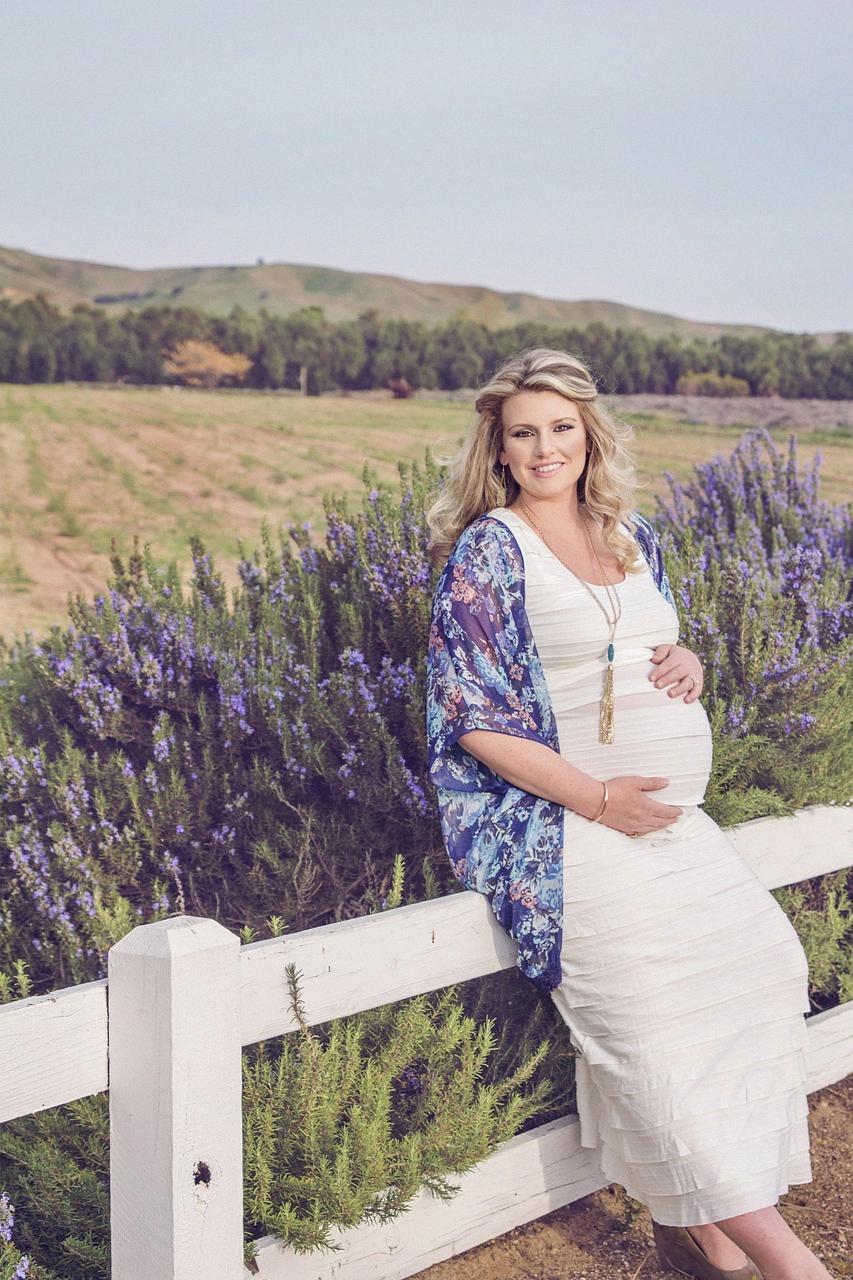Feeling tired during pregnancy is a common experience that many expectant mothers go through. The journey of pregnancy is filled with various changes in the body, one of which is the onset of fatigue. It’s crucial to understand the factors contributing to tiredness during this period.
First Trimester Fatigue
Early pregnancy fatigue typically sets in during the first trimester, often around the sixth to tenth week after conception. This is when hormonal changes, particularly the rise in progesterone levels, can lead to feelings of exhaustion. Your body is working hard to support the growth of the fetus, causing you to feel more tired than usual.
Physical and Emotional Impact
Aside from physical factors, emotional changes during early pregnancy can also play a role in how tired you feel. The mix of excitement, anxiety, and hormonal fluctuations can contribute to the overall sense of fatigue. Managing these emotional aspects is important in addressing pregnancy-related tiredness.
Increased Blood Volume
Another factor that contributes to early pregnancy fatigue is the increase in blood volume. Your body is producing more blood to support the developing placenta and fetus, which can lead to feelings of exhaustion as your cardiovascular system works harder than usual.
Diet and Nutrition
Proper nutrition is essential during pregnancy, as deficiencies in certain nutrients can also contribute to feelings of fatigue. Ensuring you have a well-balanced diet that includes foods rich in iron, folate, and other essential vitamins can help combat pregnancy-related tiredness.
Rest and Relaxation
Getting adequate rest and relaxation is crucial during pregnancy, especially when experiencing fatigue. Listen to your body and allow yourself to rest when needed. Taking short naps, practicing relaxation techniques, and maintaining a consistent sleep routine can all help alleviate tiredness.
Exercise and Physical Activity
While rest is important, engaging in regular physical activity can also help combat fatigue during early pregnancy. Low-impact exercises like walking, swimming, or prenatal yoga can boost your energy levels and improve overall well-being. Consult your healthcare provider before starting any exercise routine.
Hydration and Fluid Intake
Staying hydrated is essential for overall health and can also impact how tired you feel during pregnancy. Dehydration can exacerbate feelings of fatigue, so it’s important to drink an adequate amount of water throughout the day. Aim for at least 8-10 glasses of water daily.
Managing Work and Daily Activities
During early pregnancy, it’s important to assess your work and daily commitments to prevent excessive fatigue. Prioritize tasks, delegate when possible, and communicate with your employer or support system about your needs. Striking a balance between rest and activity is key.
Seeking Support
Don’t hesitate to reach out for support from your partner, family, friends, or healthcare provider when experiencing pregnancy-related fatigue. Talking about your feelings and getting assistance with daily tasks can help lighten the load and ease feelings of exhaustion.
Consulting Your Healthcare Provider
If you’re feeling excessively tired or if fatigue is affecting your daily life, it’s important to speak with your healthcare provider. They can assess your overall health, rule out any underlying medical conditions, and provide guidance on managing fatigue during pregnancy.
Conclusion
Feeling tired early in pregnancy is a common occurrence due to hormonal changes, physical demands, emotional factors, and lifestyle choices. By understanding the root causes of fatigue and taking proactive steps to address them, you can better manage tiredness during this transformative period in your life.

